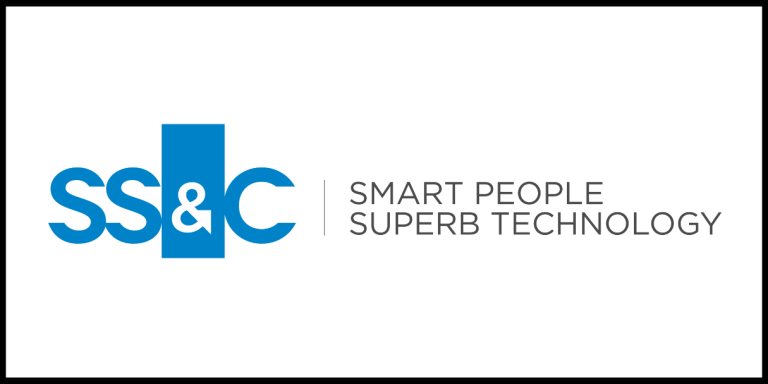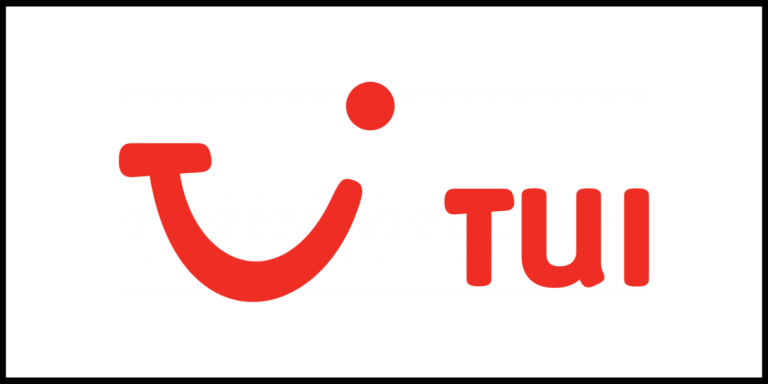
Content Menu
How to get into tech without a STEM degree
Hi, I’m Skye. I’m a Technology Platform Risk Partner at SWIFT, where I focus on helping the organisation manage risk across complex cloud and engineering platforms. Before this, I worked as a Tech Strategy & Advisory Consultant at Accenture, supporting some of the world’s leading financial institutions in managing technology risks and transforming securely through cloud solutions. I studied Economics and Politics at the University of Liverpool, so my journey into tech wasn’t exactly traditional. If you’re wondering whether you belong in tech without a STEM background, trust me, you do.
Getting Started in Tech
My journey into tech started unexpectedly during COVID. With extra time at home, I enrolled in a Python Coding Kickstarter course run by Code First Girls (CFG). It began simply as curiosity, but quickly became something much bigger.
I soon joined a CFG mentorship programme hosted in partnership with Bank of America. Mentorship from senior women in tech was instrumental in building my confidence and deepening my understanding of tech careers. With their encouragement, I took part in CFG’s Big Data Challenge, run in collaboration with IBM and Emergent Alliance. My team analysed sustainability trends during COVID using Python and predictive modelling, and to our excitement, we became one of the four finalist teams.
Empowered by this success, I applied for a scholarship on an intensive 8-month data science course. The programme covered machine learning techniques, including supervised learning and computer vision. Balancing this intensive programme alongside my final year at university was challenging. Social life and leisure took a back seat, but support from friends and family kept me motivated.
This curiosity and commitment to learning led to me receiving a graduate scheme offer at Accenture despite not having any previous internship experience.
My Career Growth at Accenture and Beyond
As a consultant I had the opportunity to explore a wide range of tech domains. From Business Analyst roles at a global investment bank, modelling complex financial data to Agile Delivery Lead roles and facilitating agile methodologies for global IT modernisation programmes.
I then moved into leading technology strategy and risk at a major investment bank, where I oversaw cloud and application security strategy. My focus was on integrating security into cloud infrastructure, embedding risk management into software development processes, and leveraging AI-driven analytics to proactively address enterprise threats. Recently, I’ve taken the next step in my journey by joining SWIFT as a Technology Platform Risk Partner, where I continue to work at the intersection of cloud, engineering, and risk.
This journey hasn’t always been straightforward, but exploring various roles helped me discover my passion at the intersection of cybersecurity, cloud engineering, and risk.
Why Tech Needs More than Coders and Computer Scientists
Tech is broader than most people realise. While coding skills matter, the tech industry needs diverse skills and perspectives. UX design, product management, cybersecurity strategy, content creation, and tech governance are all crucial areas within tech that thrive from different perspectives and experiences.
Statistically, diverse teams are better for productivity. According to research by McKinsey & Company, companies with diverse teams outperform their competitors by 35%. Your non-STEM background isn't a disadvantage, it can actually be your greatest strength. My own career is proof that curiosity and the right resources can open doors into tech careers traditionally reserved for STEM graduates.
The Skills That Helped Me Break into Tech Without a Tech Degree
When I began, I worried that my lack of a technical degree would hold me back. But I soon realised that my degree in Economics and Politics had already equipped me with crucial transferable skills that are valuable in tech:
- Effective communication: Translating complex information into easily understandable formats
- Critical thinking and problem-solving: Approaching complex issues logically and strategically
- Adaptability: Quickly learning and adjusting to new concepts and environments
- Project management: Efficiently managing deadlines and resources
Chances are, your non-STEM education has provided similar skills. Highlighting and developing these transferable skills along with demonstrating technical interest is key to successfully transitioning into tech.
My Advice for Non-STEM Graduates Starting a Tech Career
Starting a tech career without a STEM background can feel overwhelming. Imposter syndrome was a significant challenge for me, especially as a woman in cybersecurity and cloud, which remain heavily male-dominated fields. It’s easy to question whether you belong when you’re frequently underestimated or face situations where your abilities are doubted.
Here’s my advice, based on what helped me:
- Acknowledge your feelings: Understand that imposter syndrome is common and doesn’t reflect your capabilities. Identify what’s triggering your doubts and address them directly
- Find supportive mentors: Mentorship was transformative for me. Look for mentorship programmes, including those within your personal network
- Ask questions constantly: It’s okay not to know everything. Asking questions accelerates learning and shows curiosity, an asset in tech
- Network intentionally: Attend tech events, join online communities, and build connections with professionals who inspire you
Getting Started: Resources and Courses to Kickstart Your Tech Journey
Taking the first step can be intimidating, but there are many accessible resources designed specifically for non-STEM individuals. Here are some excellent starting points:
- CFG Tech Tasters: Short courses providing foundational knowledge across key tech topics
- CFG Kickstarter Courses: Deeper dives into specific skills such as Python, data, and web development
- Professional networking: LinkedIn groups and online forums are excellent for networking and learning from industry professionals
Start today by choosing just one action. Whether that is signing up for a CFG course, sending a connection request to someone who inspires you or exploring a tech topic that intrigues you. Small actions add up quickly.
Conclusion
Reflecting on my journey, I’m incredibly grateful that my path into tech wasn’t conventional. My Economics and Politics background became my differentiator rather than my disadvantage. I have been able to thrive due to my diverse perspectives and skills.
If you’re doubting yourself because you don’t have a STEM degree, let my story reassure you: tech is absolutely for you. Your unique experiences and perspectives are precisely what the industry needs.


















